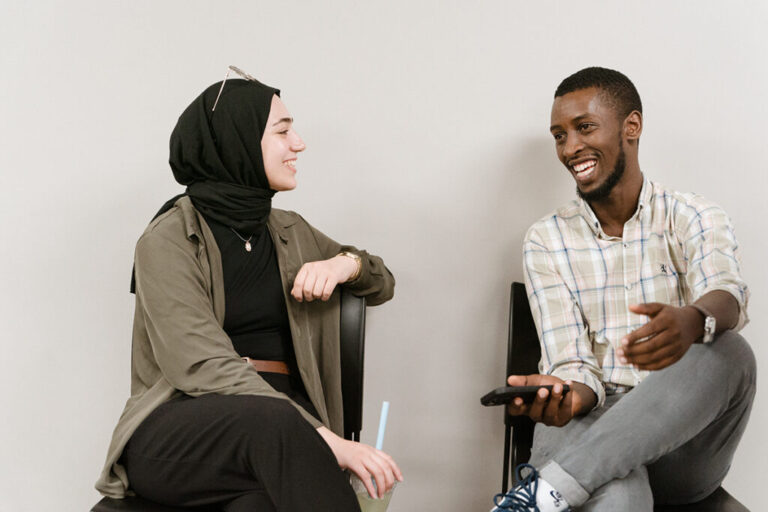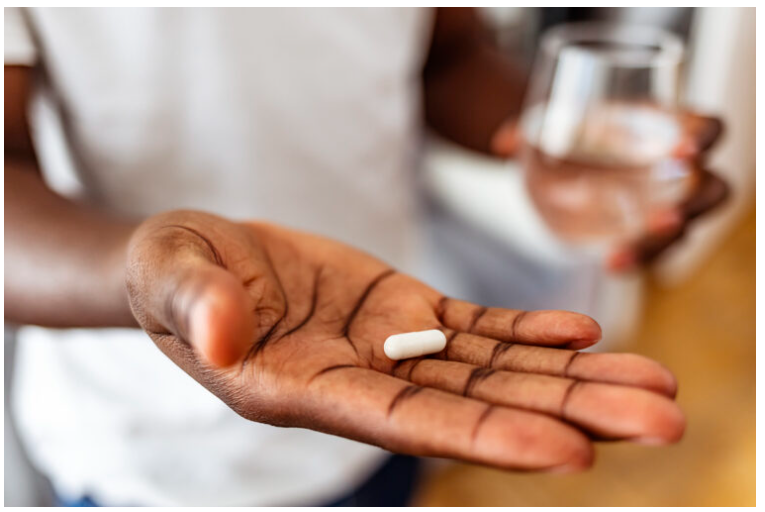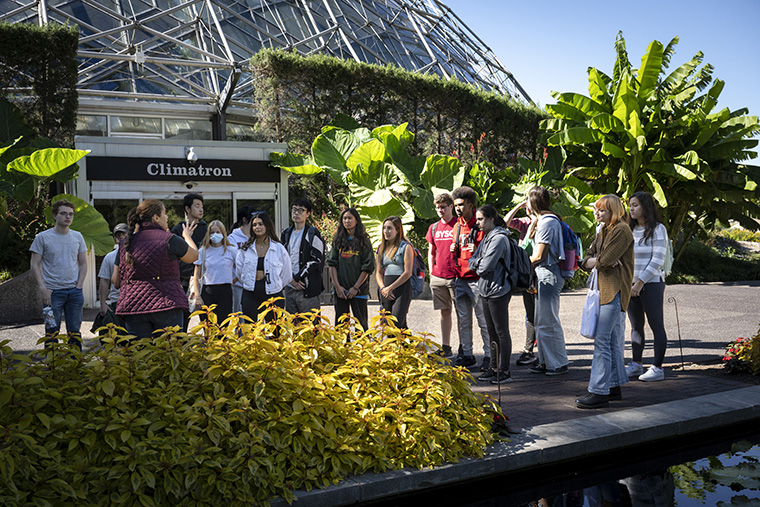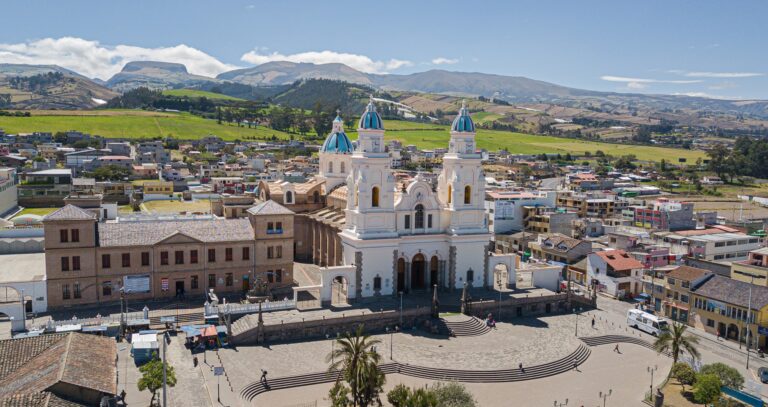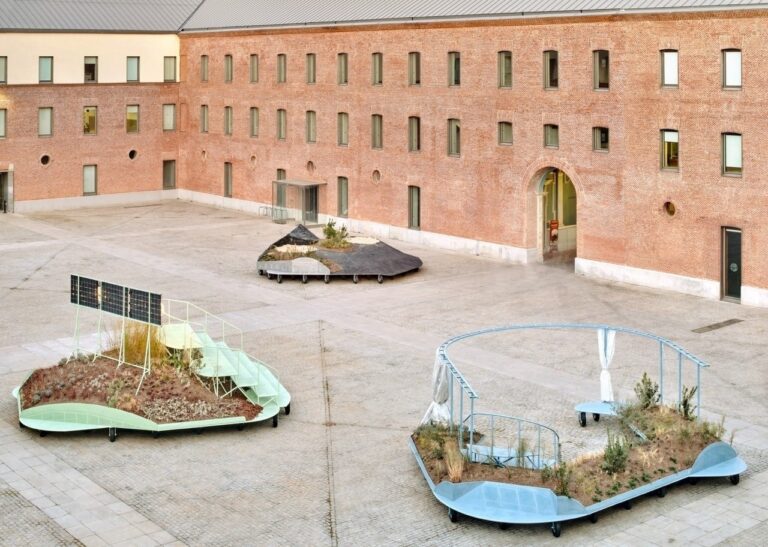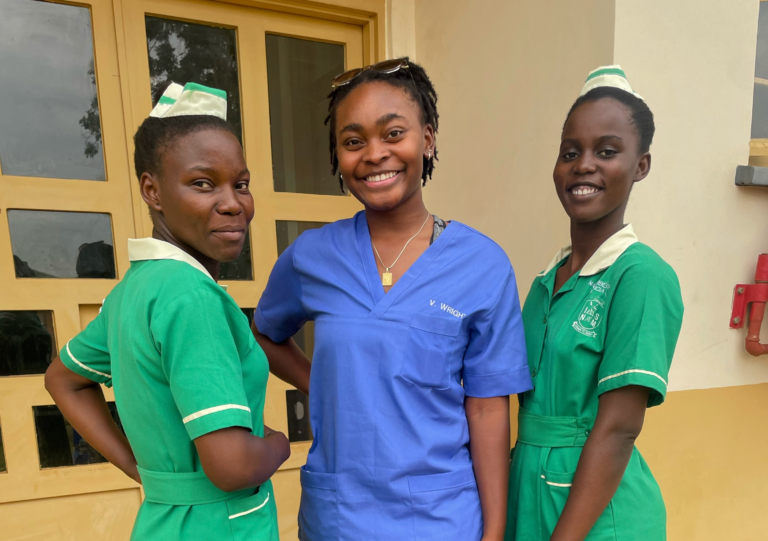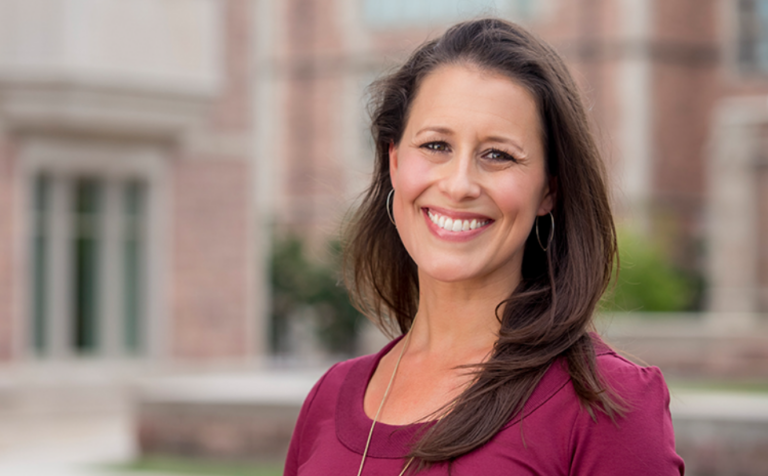CAPS Empower program to receive award
The WashU Empower program will receive a “What’s Right with the Region” Award from Focus St. Louis at its 28th annual celebration event May 15.
Machine learning could help predict adherence to HIV treatment
Nearly 85% of the 1.7 million adolescents with HIV live in sub-Saharan Africa, along with half of the nearly 40 million people in the world living with HIV. Although the government in Uganda provides free antiretroviral treatment (ART), adherence to the regimen by adolescents ages 10-16 is low, increasing the potential for the virus to further spread.
World-renowned experts in tropical plant biodiversity join WashU, Missouri Botanical Garden
Building on a long history of successful collaboration, Washington University in St. Louis and the Missouri Botanical Garden are welcoming two internationally recognized botanists who will have joint appointments with both research institutions.
Fulbright Scholar Program
The Fulbright U.S. Scholar Program was created in 1946 by the U.S. Congress and funded by the U.S. Government. The program is sponsored by the U.S. Department of State’s Bureau of Educational and Cultural Affairs as its flagship program and administered by the Institute of International Education, Fulbright Commissions, and Embassy Posts. It offers over […]
Bonvehi Rosich, Denizen selected for 2025 Venice Biennale
Assistant Professor Seth Denizen and Visiting Assistant Professor Montserrat Bonvehi Rosich have been selected to present their work at the 2025 Venice Biennale. They will share images, documentation, and more of their project, “Three Landscape Essays: Mobile Ecosystems for Future Climates.”
WashU rises in global patent ranking
The National Academy of Inventors recently named WashU to its Top 100 Worldwide Universities Granted Utility Patents.
Student Spotlight: Victoria Wright
The Arts & Sciences senior has researched public health initiatives through an anthropological lens in Uganda, Switzerland, and St. Louis.
Leave and Support
Applicants are encouraged to review their school faculty handbook regarding policies for academic leave, sabbatical, and course release information and inform their department chair or program director when they are considering applying for a Fulbright.
Type of Fulbright Awards
1. Fulbright Scholar Awards These awards comprise the bulk of awards offered and include opportunities for professionals, artists, and scholars at all career levels. Location and eligibility vary across all awards, and some awards may be restricted to certain career levels or types of scholars. This information is outlined in the award description. 2. Fulbright Distinguished Scholar […]
Backman-Levy selected for global health leadership program
Jessica Backman-Levy, an associate professor of practice at the Brown School, has been selected to participate in a yearlong program aimed at advancing women into senior leadership positions in global health.
